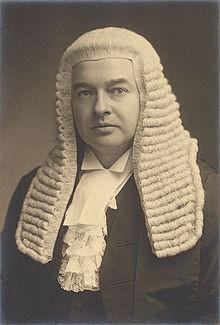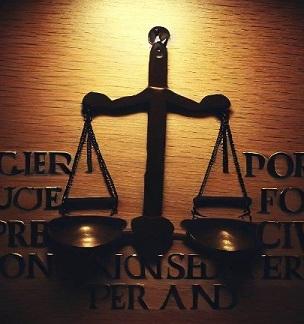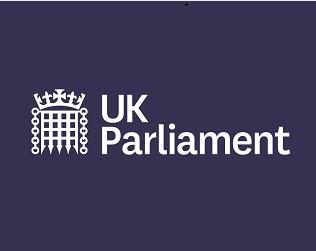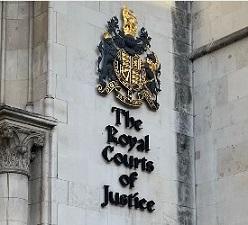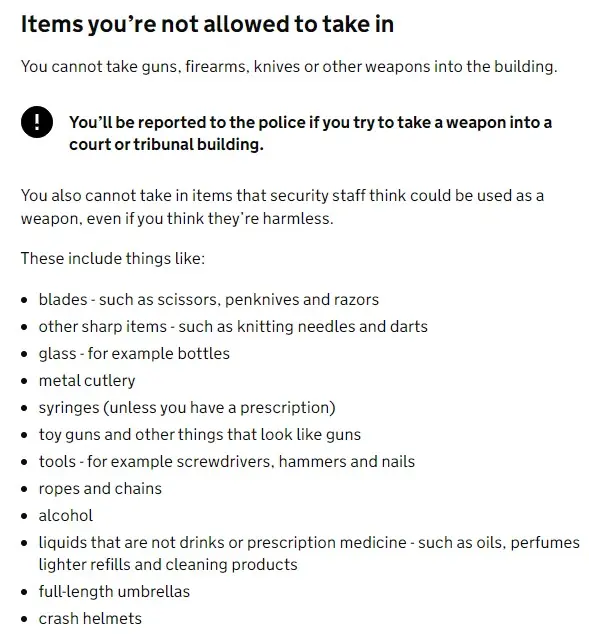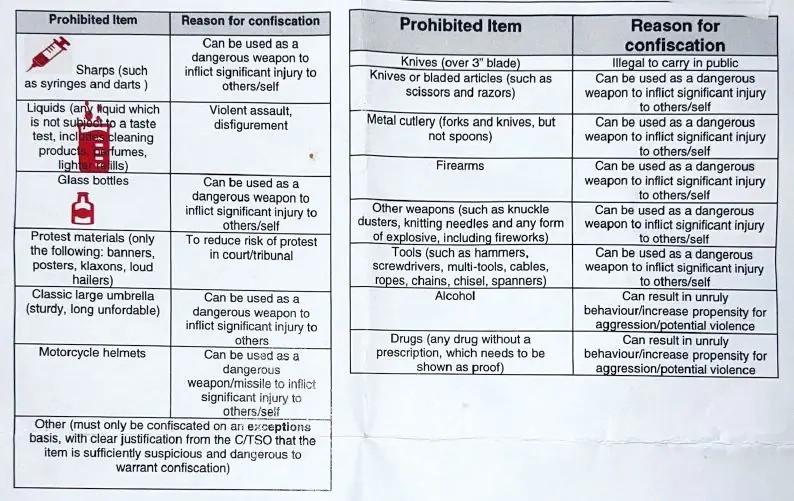The King’s Counsel (KC) is a prestigious title awarded to senior barristers and advocates who have rights of audience in the higher courts of England and Wales who have also demonstrated the competencies in the Competency Framework to a standard of excellence.
King’s Counsel are appointed from amongst practising advocates – both barristers and solicitors.
The selection process for KC’s is rigorous and selective, and candidates must meet specific criteria to be eligible for consideration.
In this article, we will examine the history, qualifications, and benefits of being appointed as a King’s Counsel in the UK, as well as the process of recommendation and appointment.
History of King’s Counsel
The title of King’s Counsel (KC) has a long and rich history in the legal profession in the UK. It was first introduced in the 16th century during the reign of King Elizabeth I. At that time, the title was conferred upon lawyers who were appointed by the monarch to act as legal advisors and advocates in court.
In the 19th century, the title of King’s Counsel became more closely associated with the legal profession. It was recognized as a mark of excellence in the field, and those who were appointed to the position were seen as being among the most skilled and experienced lawyers in the country.
Qualifications for King’s Counsel
To be considered for appointment as a King’s Counsel, a lawyer must meet a strict set of criteria.
First and foremost, they must have a minimum of ten years’ experience practicing law, and they must have demonstrated exceptional skill and expertise in their field.
They must also have a strong record of advocacy and be able to demonstrate that they have achieved outstanding results for their clients.
In addition to these qualifications, a lawyer must also be nominated for the position by the Lord Chancellor.
The Lord Chancellor invites nominations from a range of sources, including judges, other senior lawyers, and professional bodies such as the Bar Council and Law Society.
Once a nomination has been made, the candidate must submit an application that includes detailed information about their legal career and achievements.
This will typically include information on their education, professional experience, notable cases, and any other relevant information that demonstrates their skill and expertise in the field of law.
Benefits of being a King’s Counsel
Being appointed as a King’s Counsel is a significant achievement in the legal profession. It is a mark of excellence that is recognized both within the legal profession and outside of it. It is also a title that comes with a number of benefits.
One of the main benefits of being a King’s Counsel is that it provides lawyers with increased opportunities to work on high-profile and complex cases. As one of the most respected titles in the legal profession, those who hold the position of King’s Counsel are often sought out by clients who are looking for the best possible representation.
Another benefit of being a King’s Counsel is that it can lead to increased earnings. Lawyers who hold this title are often able to command higher fees for their services, as clients are willing to pay a premium for the expertise and experience that comes with the position.
In addition to these benefits, being a King’s Counsel is also an opportunity to give back to the legal profession. Those who hold this title are often involved in mentoring and training younger lawyers, helping to ensure that the next generation of legal professionals is well-prepared to take on the challenges of the profession.
Recommendation and Appointment Process
The process of appointing a KC in the UK is overseen by the King’s Counsel Appointments (KCA) committee. The KCA is an independent body that is responsible for recommending candidates for appointment as KCs to the Lord Chancellor.
The process typically begins with nominations made by judges, other senior lawyers, and professional bodies such as the Bar Council and Law Society. The Lord Chancellor may also invite nominations from other sources, including members of the public.
Once a nomination has been made, the candidate must submit an application that includes detailed information about their legal career and achievements. The KCA
committee will then review the application and consider a range of factors when making their recommendation, including the candidate’s skill, experience, and professional conduct.
The KCA also considers diversity and inclusion when making their recommendations. They are committed to ensuring that the legal profession is representative of the communities it serves, and they actively seek out candidates from a diverse range of backgrounds.
Once the KCA has made their recommendation, it is then up to the Lord Chancellor to make the final decision on whether to appoint the candidate as a KC. The Lord Chancellor typically follows the recommendation of the KCA, but they are not bound to do so.
Complaints
King’s Counsel Appointments does not deal with complaints about KCs. Those are dealt with by the Legal Ombudsman; or by the Bar Standards Board for barristers or the Solicitors Regulations Authority for solicitor KCs.
Conclusion
Being appointed as a King’s Counsel is a significant achievement in the legal profession in the UK. It is a title that is recognized both within the legal profession and outside of it, and it comes with a range of benefits.
Overall, the appointment of KCs is a rigorous and selective process that ensures that only the most skilled and experienced lawyers in the UK are awarded this prestigious title.
It is a mark of excellence that is highly respected within the legal profession and serves as a testament to a lawyer’s skill and expertise in the practice of law.
Read the reviews of Gavin Howe Barrister, who in my opinion, is unlikely to ever receive KC.
“He is awful, underhanded and should not be practising law!”
Latest Articles
- What is a Paralegal ?A paralegal is a legal professional who performs tasks that require knowledge of legal concepts but does not hold the… Read more: What is a Paralegal ?
- What is a Judgment ?A judgment, also known as a judicial decision or court ruling, is the final decision made by a court of… Read more: What is a Judgment ?
- What is an Adverse Inference ?Adverse inference is a legal principle that plays a significant role in various areas of law, including criminal, civil, and family law. It arises… Read more: What is an Adverse Inference ?
- BarristersA barrister is anyone who has been Called to the Bar in England and Wales. For a barrister to offer… Read more: Barristers





